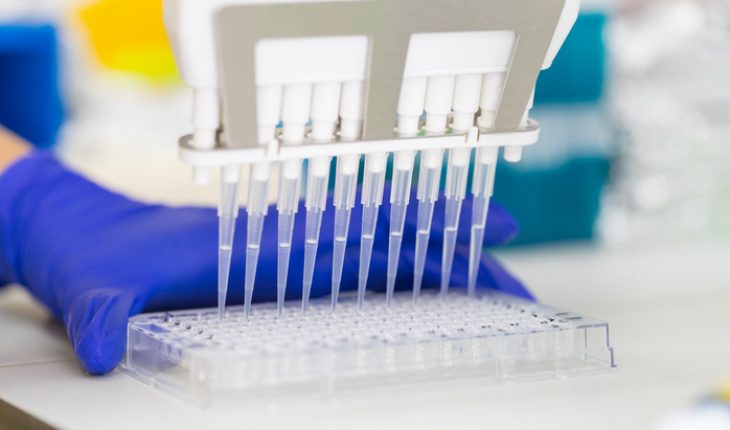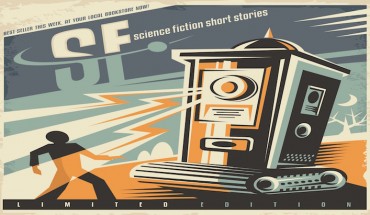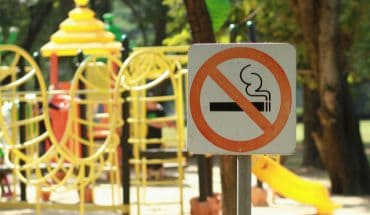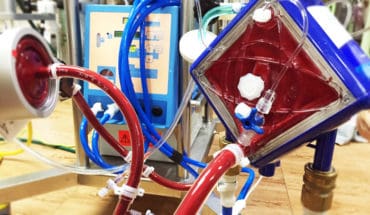Stem cell transplants have been in use for decades as a cure for blood cancer and blood disorders. Approximately 2,000 people need a transplant in the UK every year, and the majority will rely on Anthony Nolan, or another UK stem cell register, to find them a donor.
Matching patients with a suitable donor is currently done based on their HLA type, five pairs of alleles that need to be matched as closely as possible. But until now we haven’t known what else plays a role – what it is that allows one patient with a 10/10 match to recover, while another relapses. There is clearly more to it than HLA alone, but more research has been needed to discover exactly what those other factors are.
Our latest research brings us a step closer to getting the full picture behind a successful transplant, identifying two non-genetic factors that we believe can help give patients the best possible match.
Our latest research brings us a step closer to getting the full picture behind a successful transplant, identifying two non-genetic factors that we believe can help give patients the best possible match.
The first is donor age; we’ve confirmed that patients with donors aged under 30 are associated with higher overall survival. Anthony Nolan has been working to recruit younger donors for some time: in 2012 we became the first UK donor register to lower our joining age to 16-30. This finding strengthens our commitment to recruiting younger donors and making sure we have the best available pool of donors for patients in need of a transplant.
The second finding is even more ground-breaking; for the first time in the UK, we’ve shown that matching patients and donors for previous exposure to a common virus called CMV (cytomegalovirus) could dramatically improve patient survival and reduce the risk of relapse and post-transplant complications. Approximately 50-80% of the UK population has CMV, and while it is usually harmless, it can be dangerous in people who are immunosuppressed after transplant. In fact, the benefit of matching for CMV status can even offset a genetic mismatch. Having established this link, Anthony Nolan is now looking into ways to test donors for the virus when they join, so we can make sure that we take CMV status into account from the start of the matching process, rather than further down the line as we currently do.
By knowing what makes a match successful, we grow closer to a day when we can find the best possible donor for every patient in need. But we can’t do it alone — without supporters to join the register and give funds we would be unable to carry out our pioneering research or find lifesaving matches.
Find out more and help us get there faster at www.anthonynolan.org
- Breakthrough for stem cell transplant patients - 2nd May 2017







